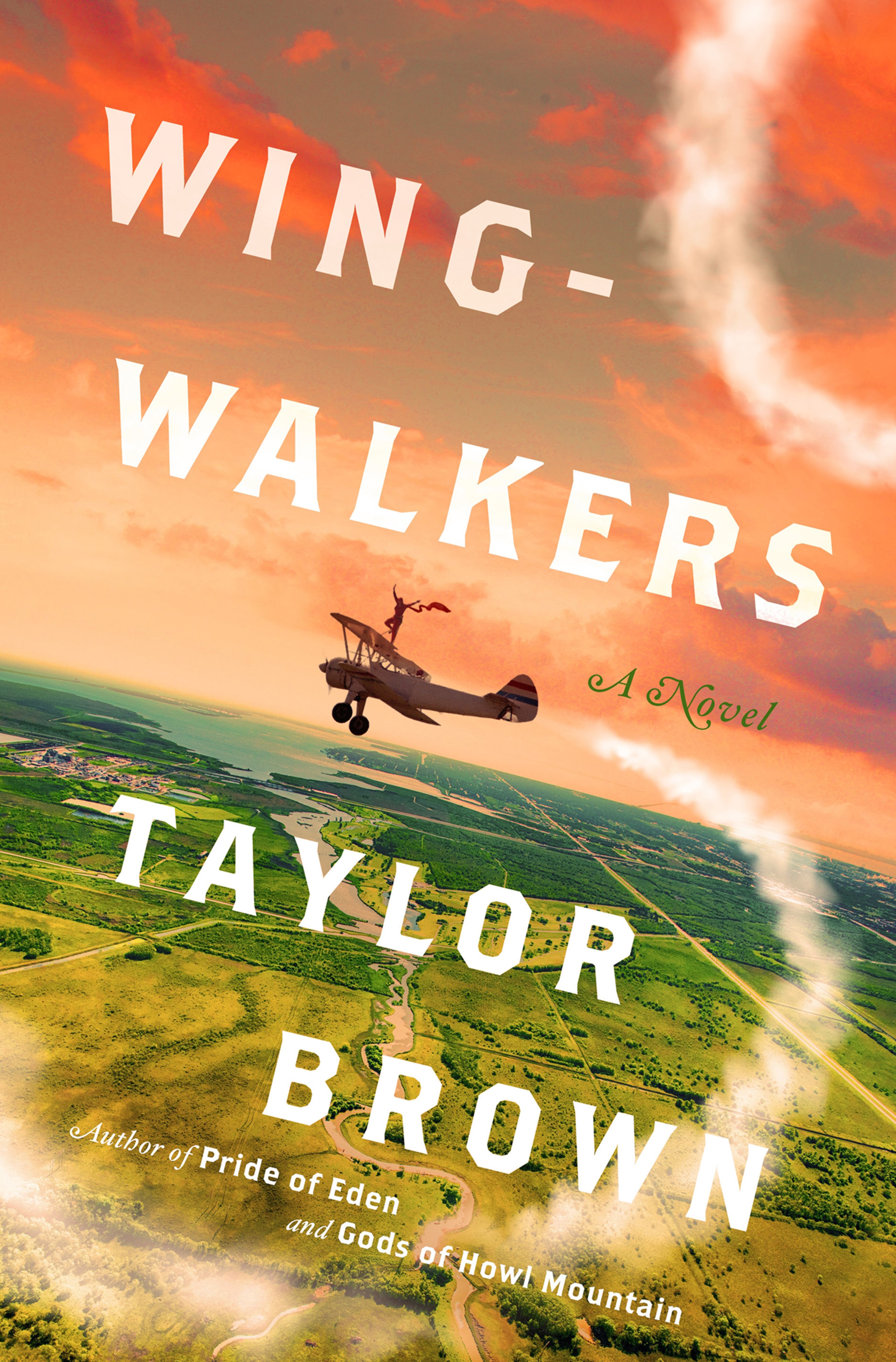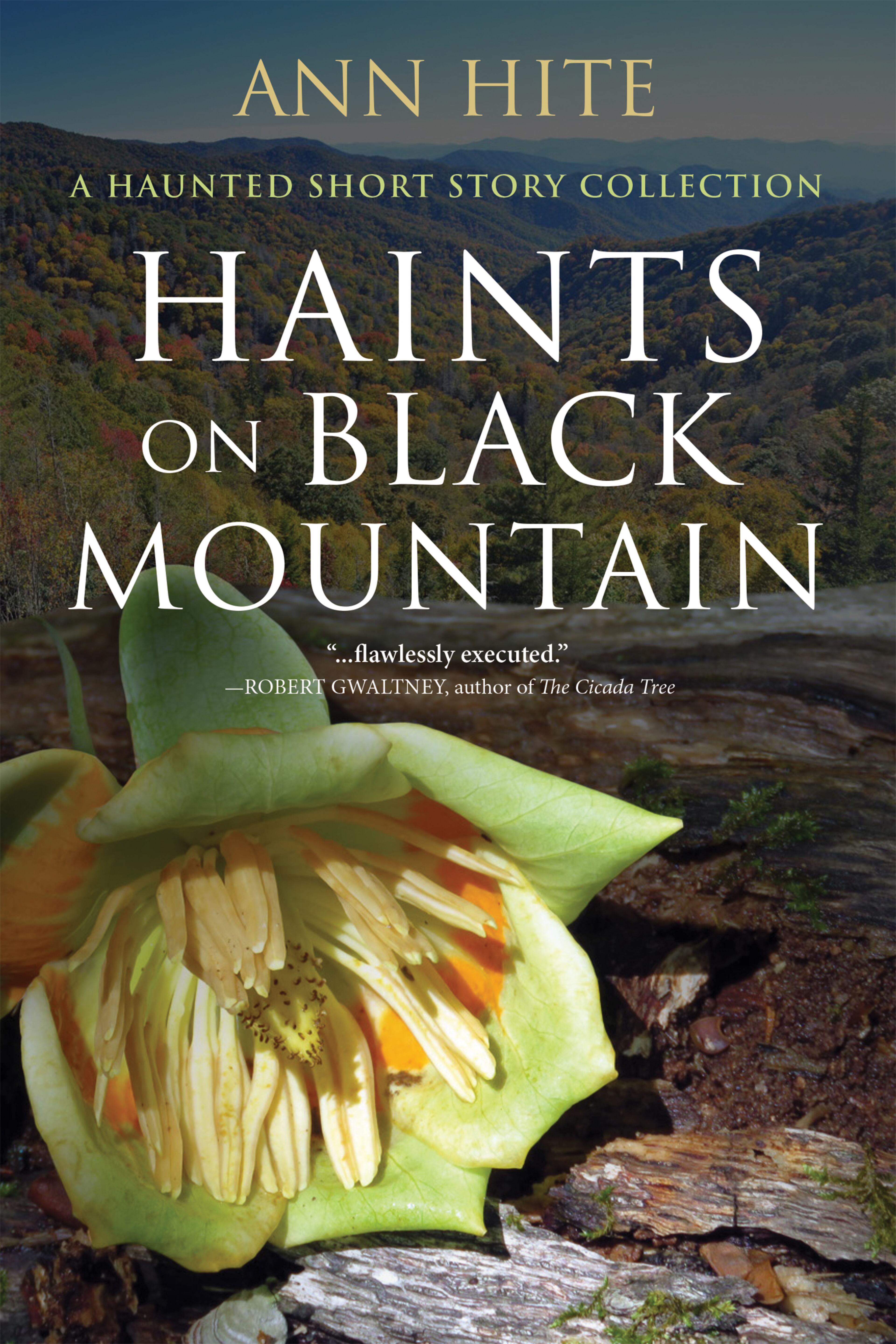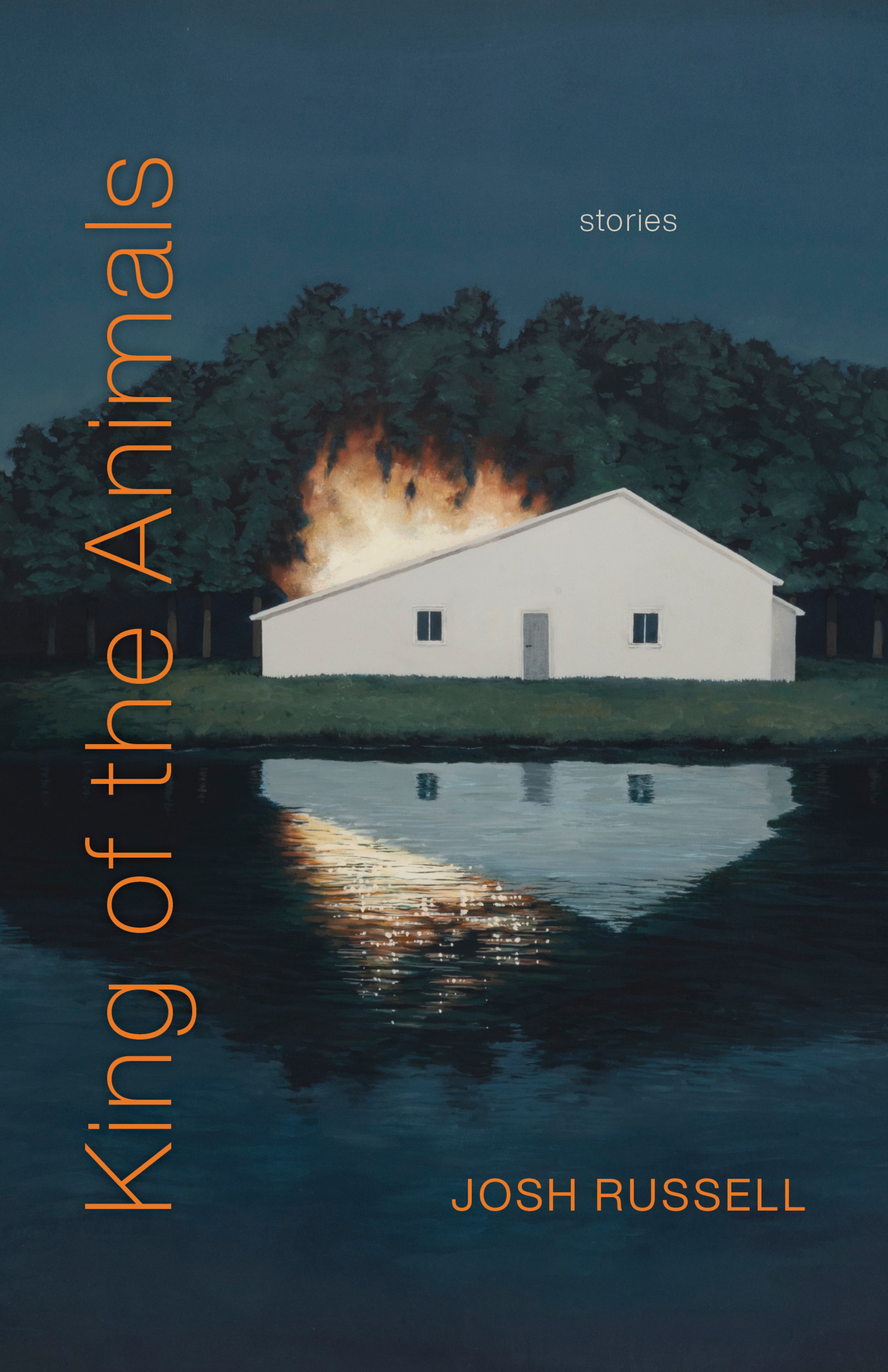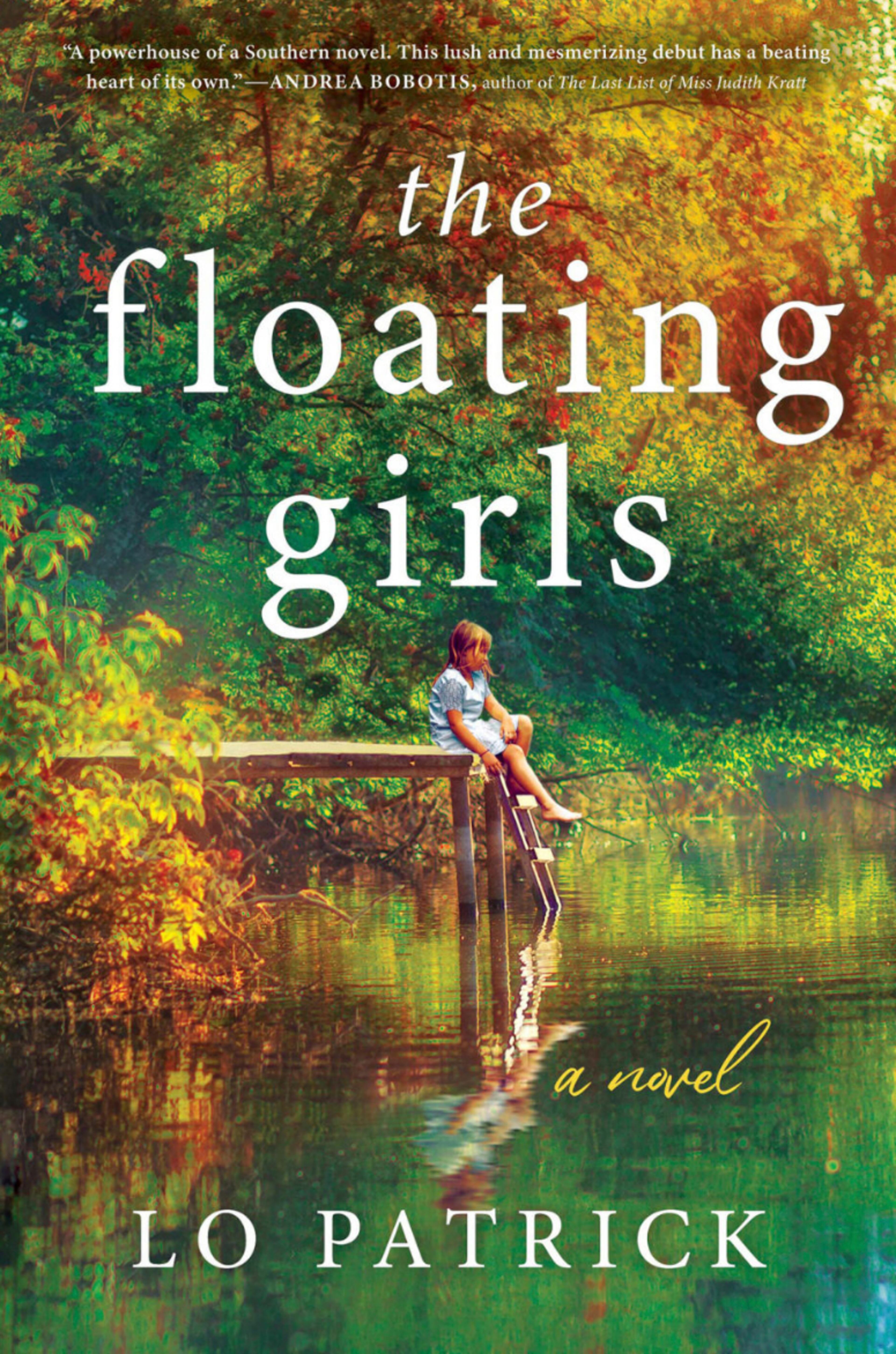10 Georgia authors named finalists for Townsend Prize

I don’t envy the judges who have to pick a winner for the 2023 Townsend Prize for Fiction. The finalists have been announced, and the competition is fierce between this outstanding lineup of eight novels and two short story collections. Meanwhile, if anyone is looking for something to read over the holidays, you can’t go wrong with any one of these finalists.

Daniel Black
“Don’t Cry for Me” (HarperCollins, $17.99) is told in a series of letters written by a regretful, dying man named Jacob. They’re addressed to his alienated gay son and intended to be read upon Jacob’s death. “The result is so much more than a father’s plea for forgiveness,” wrote Leah Tyler in her review for The Atlanta Journal-Constitution. “It’s a historical account of the Black struggle in America. It’s a detailed rendering of the interior of Jacob’s character. And it’s an evolving portrait of a father whose willingness to expand his definition of a ‘man’ may have come too late.”

Kimberly Brock
“The Lost Book of Eleanor Dare” (Harper Muse, $18.99) reimagines what became of the “Lost Colony of Roanoke,” an English settlement established in the “New World” in 1587 where Eleanor Dare gave birth to the fledgling country’s first white baby. Forced to return to England for supplies, leaders were shocked, upon their return, to discover the settlement had disappeared. In a review for ArtsATL, Candice Dyer wrote that Brock “takes the Roanoke story’s loose ends and plaits them into an elegant, intricate braid, to muse on what might have happened if Eleanor Dare had survived and produced a long line of proud and plucky female descendants. Gentle in tone, it is matrilineal feminism at its most dreamy.”

Taylor Brown
“Wingwalkers” (St. Martin’s Press, $27.99) takes the real-life experience of William Faulkner meeting a couple who performed aviation stunts in New Orleans during the 1934 Mardi Gras and creates a fictionalized dual narrative that explores the nature of adventure and survival during the Depression. In one storyline, Faulkner is rejected by the U.S. Army and joins the Royal Air Force but never learns to fly. In the other, Capt. Zeno Marigold and his wife, Della the Daring Devilette, escape their past traumas by performing daredevil stunts on a plane.

Anjali Enjeti
“The Parted Earth” (Hub City Press, $26) is a multi-generational saga about love and family that begins in 1947 India when the British withdrew from the country. Teenage Deepa, who is Hindu, is separated from her blossoming love interest, Amir, who is Muslim, when the country is divided to create Pakistan. It ends in modern-day Atlanta where Deepa’s granddaughter Shan is living a life ignorant of the hardships her ancestors endured until an elderly neighbor helps her connect with her past.

Ann Hite
“Haints on Black Mountain” (Mercer University Press, $20) is a collection of ghost stories that weave colorful characters and their ancestors throughout narratives that span from the 1830s to the 1990s, mostly set on and around Black Mountain, North Carolina, a frequent setting for the author’s fiction. One outlier is “Take Me Home,” which takes place at Central State Hospital in Milledgeville.

Josh Russell
“King of the Animals” (Louisiana State University Press, $24.95) is a slim volume of 43 short stories that capture boys and men poised at major crossroads in their lives: the college professor afraid tell his pregnant wife he’s been fired; the teenager trying to escape a chaotic world in the safety of an Ikea; the father who fears it’s his fault his grown child hoards dogs. As I wrote for the AJC last year: “Some stories are long and expansive, and others are not even a page, but they all offer piercing insight into lives teetering on the edge in this modern world.”

Thomas Mullen
“Midnight Atlanta” (Little, Brown, $26.99), the third book in Mullen’s Darktown series of crime novels set in Atlanta during the Jim Crow era, explores the role of the Black press during the civil rights movement and the friction that arose between the media and the police. The action centers around an investigation into the murder of the editor of the Atlanta Daily Times. The effort to find his killer brings police officer Luther Boggs and his old partner, Tommy Smith, who quit the force to become a reporter, together again.

Lo Patrick
“The Floating Girls” (Stonesong, $16.99) tells the story of 12-year-old Kay Whitaker who lives an impoverished existence with negligent parents in the swamps of South Georgia. When she develops a crush on a fellow marsh-dweller, her father demands Kay stay away from the boy and his family, which only serves to fuel her desire. When Kay’s simple-minded sister disappears, tensions between the families heat up and long-held secrets are revealed.

Sanjena Sathian
“The Gold Diggers” (Penguin Random House, $17) is a satirical tale set in suburban Atlanta that explores the pressures some modern-day immigrant parents put on their children to succeed. Teenager Neil is a second-generation Indian-American who feels like a constant disappointment to his parents. When he discovers his neighborhood crush Anita, aided by her mother Anjali, is ingesting an elixir made from stolen gold that gives her an advantage in her pursuits, he begins to partake with tragic results.

Tiphanie Yanique
“Monster in the Middle” is a radical love story that proves “when you meet your love, you are meeting all the people who ever loved them, or who were supposed to love them but didn’t love them enough or, hell, didn’t love them at all,” writes Yanique. Central to her novel is the union of Stela and Fly, but that comes later. First readers meet the people who made Stela and Fly, and the people who made them. In the course of living and loving, Yanique’s characters contend with issues related to race, religion and mental illness set against a backdrop of national and global tragedies from the Vietnam War and the Challenger explosion to the Virginia Tech mass shooting and Black Lives Matter. The result is ambitious and riveting.
Presented by the Atlanta Writers Club, the Townsend Prize for Fiction will be awarded to one lucky author at an awards ceremony April 13 at the Atlanta Women’s Club Wimbish House. Two-time National Book Award finalist Melissa Fay Greene will be the keynote speaker.
Suzanne Van Atten is a book critic and contributing editor to The Atlanta Journal-Constitution. Contact her a svanatten@ajc.com.

